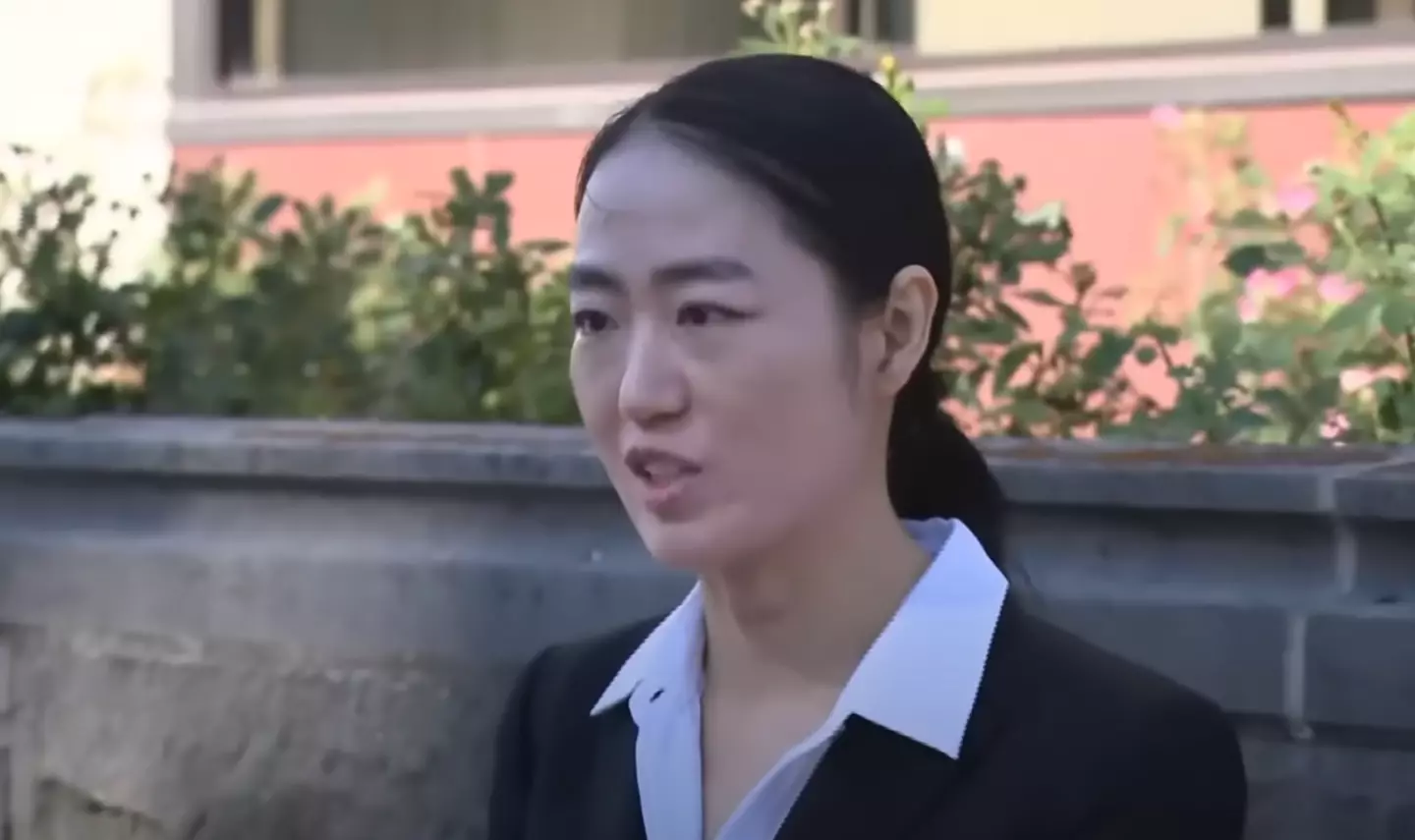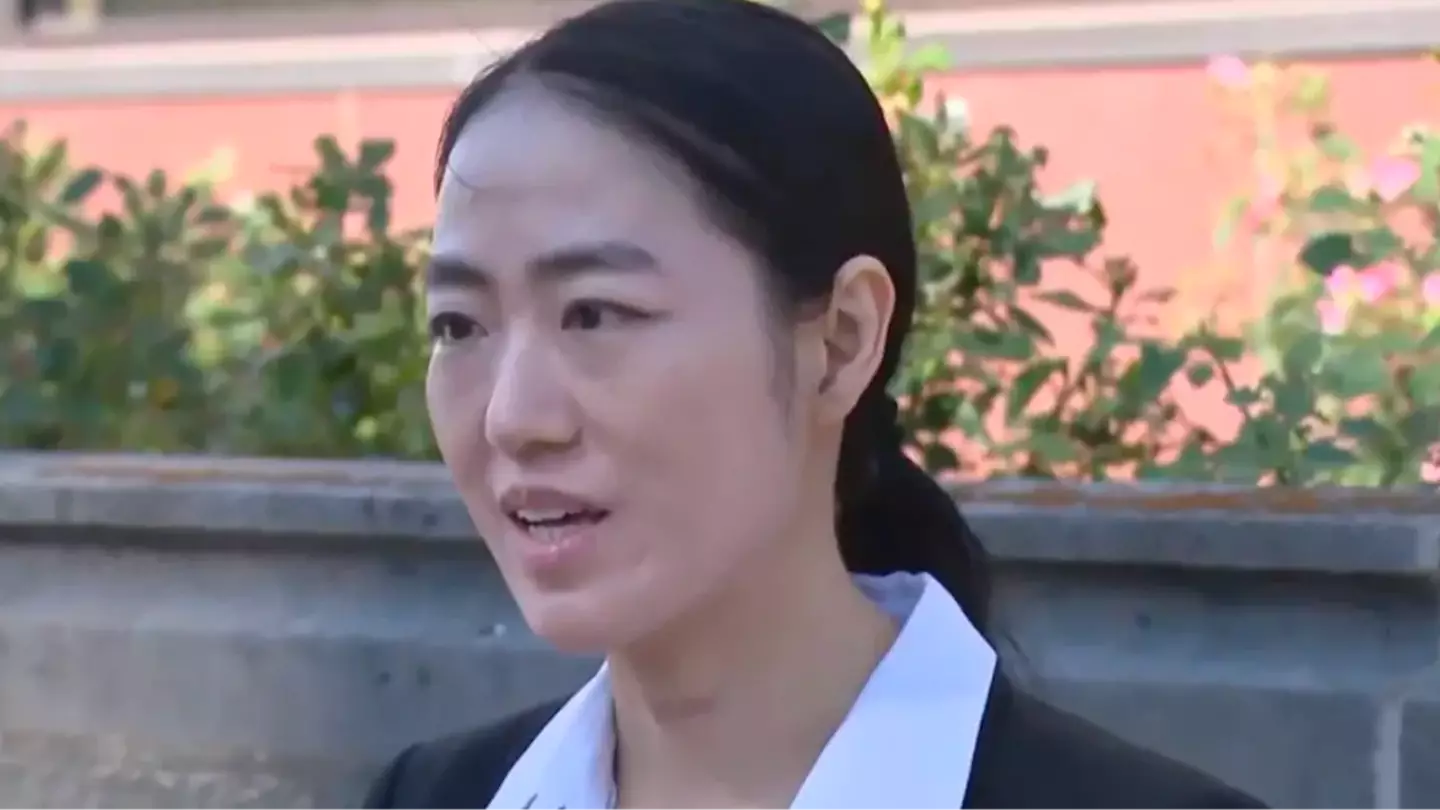A former student has filed a lawsuit against Michigan State University (MSU) seeking $100 million after being diagnosed with cancer.
LingLong Wei, originally from China, relocated to the United States for her studies and worked as a research assistant at MSU between 2008 and 2011, while also pursuing a master’s degree.
The 41-year-old initiated legal proceedings against MSU earlier this month, alleging that her thyroid cancer resulted from exposure to hazardous chemicals during her tenure at the institution.
According to the lawsuit, Wei was instructed to travel to a remote field location to apply herbicides and pesticides, specifically naming glyphosate and oxyfluorfen, which are linked to thyroid cancer, without receiving the necessary training. This task reportedly lasted up to eight hours per day.

The lawsuit details, “While spraying these toxic chemicals, the wind would often blow the chemicals into Ms. Wei’s face. Ms. Wei was exposed to hazardous pesticides for over 7,000 hours, unprotected and untrained.”
Wei began to experience symptoms in 2010, but the lawsuit claims she was advised by health experts that it was due to anxiety, and her supervisors at the university assured her that the chemicals were ‘safe.’
The lawsuit elaborates: “Ms. Wei relied on the assurance from the program superiors and continued to spray the hazardous pesticides and herbicides without [personal protective equipment]. Ms. Wei continued to experience symptoms but feared speaking up for herself due to intimidation and hostile treatment from superiors in the program.”
While MSU is unable to discuss specifics due to the ongoing legal proceedings, spokesperson Amber McCann stated: “Appropriate and required training and necessary personal protective equipment is provided in compliance with applicable university policies and state and federal laws.”
Wei, who is now in remission after her cancer diagnosis in 2024, recently addressed a press conference in Lansing, sharing the difficulties she has encountered.

She conveyed: “My recovery journey has been very challenging. After undergoing my thyroid cancer surgery, I did have to adjust to taking medication every day to regulate my hormone levels. I will need to take thyroid pills every day for the rest of my life. I will live with my permanent scar, and I will have to always struggle against depression because of hormone imbalances.”
For those affected by similar issues and seeking confidential support, the American Cancer Society is available at 1-800-227-2345 or through their live chat feature, which operates 24/7 throughout the year.

